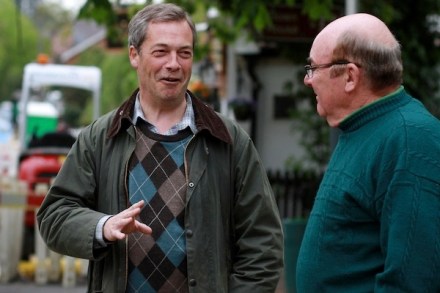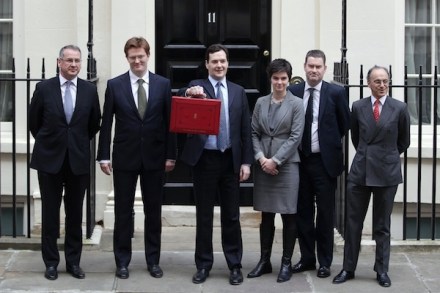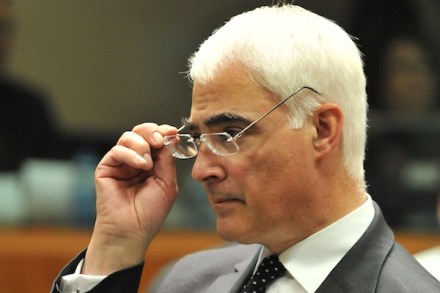Farage eyes working class Labour vote
One of the solutions Tory MPs are mulling over now the boundary reforms are dead in the water is some sort of partnership with UKIP to boost the party’s chances in 2015. As many as 60 per cent of Conservative activists are reported to favour such a pact. But David Cameron has yet to show any sign that he’s warming towards the party he once described as consisting of ‘loonies, fruitcakes and racists’. If he is not careful, Cameron’s hand may be played for him. The Eurozone crisis may finally come to a head, which could lead to a soar in UKIP’s popularity. The Prime Minister might then have to broker a



















